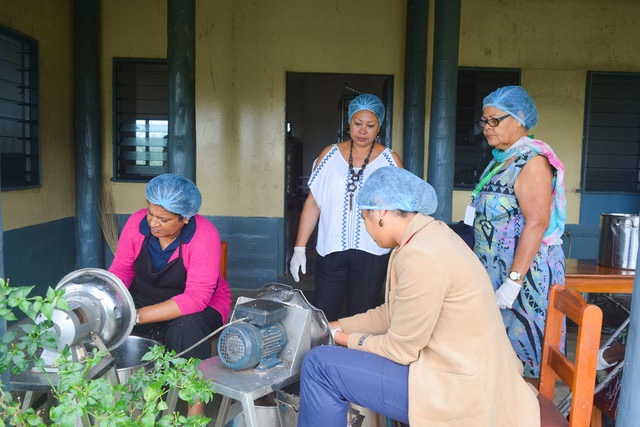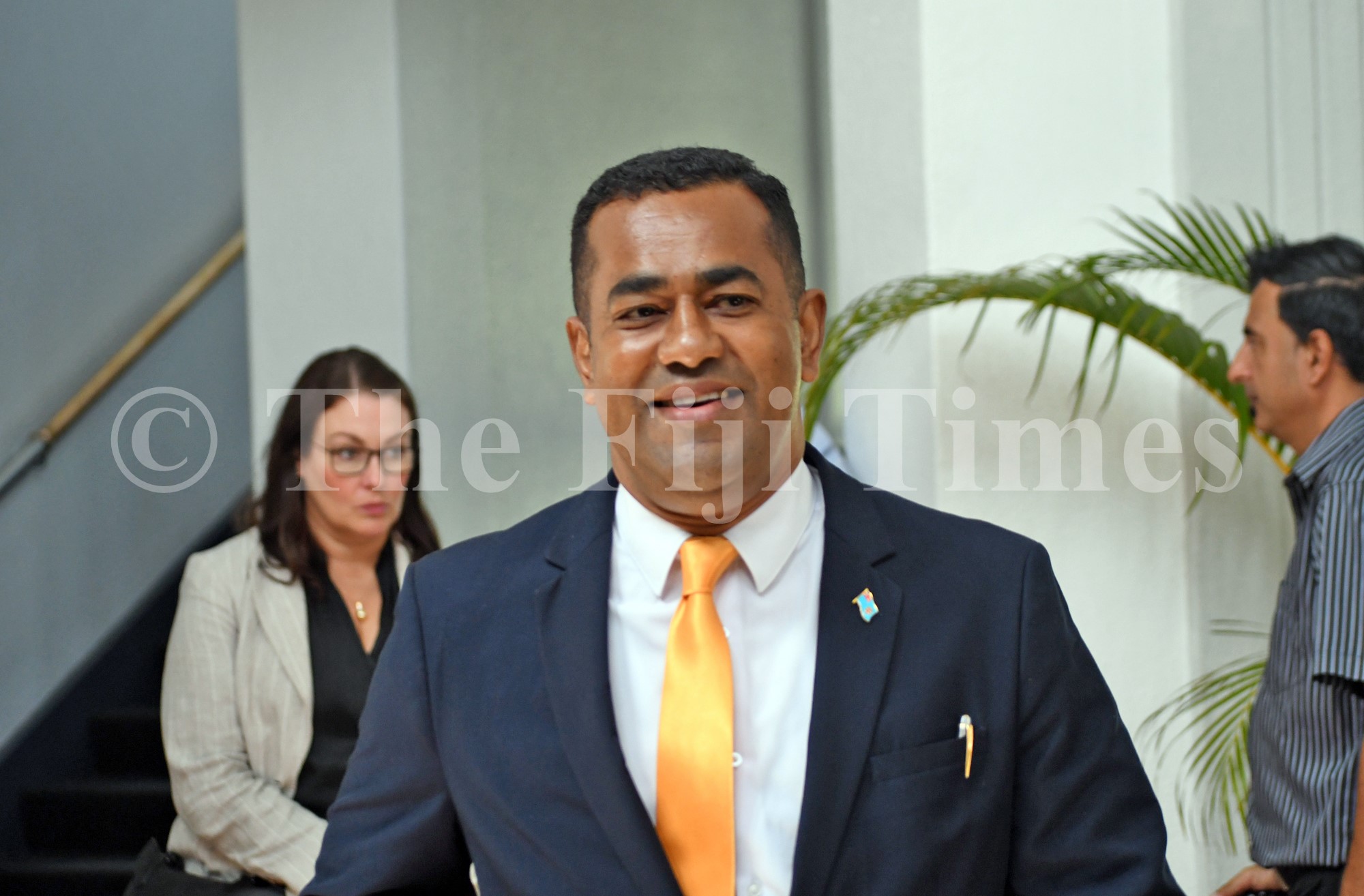The Fiji Crop and Livestock Council (FCLC) says by achieving and improving productivity and product diversification in traditional coconut production, it would be possible for farmers to attain sustainable incomes and improved livelihoods for their families, while contributing to overall poverty alleviation and enhancing nutrition security.
Council chief executive officer Jiu Daunivalu made the statement at a training for 40 farmers from the Central Division who relied on coconut plantations for their livelihood were part of the training workshop facilitated by the FCLC and conducted by the Ministry of Agriculture (MOA) Mua Agricultural Research Station, in Taveuni.
“The coconut tree is also called the ‘Tree of Life’, because all parts of the tree are used to sustain human life.
“Participants shared their knowledge about traditional and modern practices, using the coconut, from the leaves to the roots, for food, shelter, fuel, decoration, medicine, desiccated coconut and much more,” said Mrs Daunivalu.
“FCLC, in co-ordination with the MOA, have prioritised the overall development of coconut as part of a farming system, with rehabilitation of existing fields and plantations,” she said.
A statement from the council stated that MOA MUA Agricultural Research Station conducted the training on varieties of coconut trees and their different uses, best planting practices, and benefits of coconuts, including Virgin Coconut Oil (VCO) production, value-added VCO by-products, demonstrations of best production practices and the right tools to use.
It said among those demonstrating coconut products was Litia Naitanui, president of Fiji Niu Producer & By-Products Association (FNPBA), who is a VCO production and by-products trainer and president of the Rewa Branch of the Fiji Disabled Women (FDW).
Others who also attended the training included graduates who are not employed, and men and women previously employed in the hospitality and tourism sector.





